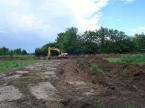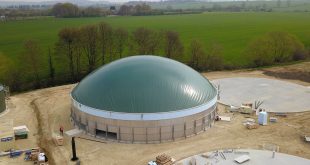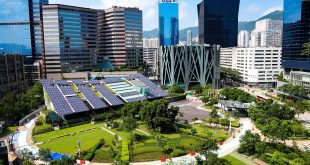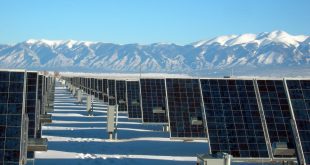One of the lesser known renewable energy sources geothermal electricity is created by using the heat contained underground by magma. This magma heats rocks and sometimes travel directly through water sources below the surface heating it up. We extract this water and run it through pipes which surround another set of pipes that contains a liquid with a low boiling point. This causes the liquid to turn into a vapor which can then be used to run steam turbines. Here are some interesting geothermal energy facts for your edification.
No fuel is consumed in the process of creating geothermal electricity and so it’s emission free.
Multiple types of power plants exist which include; binary cycle power plants, hot dry rock geothermal energy, dry steam plants, flash steam plants, direct heat, and geothermal heat pump. The most common being binary cycle. Large capacity for generation since the energy source (hot water) is constantly supplied. Heat extracted from below ground is extremely small although it could potentially be used up after millions of years. Power plants don’t take up very much space since the main components are underground pumping the water. The fluids used that have low boiling points are corrosive and therefore take extra maintenance and care when handling. Carbon dioxide and sulfur can be emitted as a byproduct of geothermal electricity due to being present in the water. Iceland and the Philippines make the most use of geothermal energy and it creates around 25% of their electricity. They are by far the leaders in this area of energy production.
There is a lot to learn about if you want to completely understand this topic but hopefully the above has taught you some of the basics and more interesting things to know. Some things to look into more would be the different types of water reservoirs that exist which are tapped and some more specific information about the above listed methods of geothermal electricity generation.
 Alternative Energy HQ solar power for homes, wind energy, and bio fuel issues
Alternative Energy HQ solar power for homes, wind energy, and bio fuel issues








